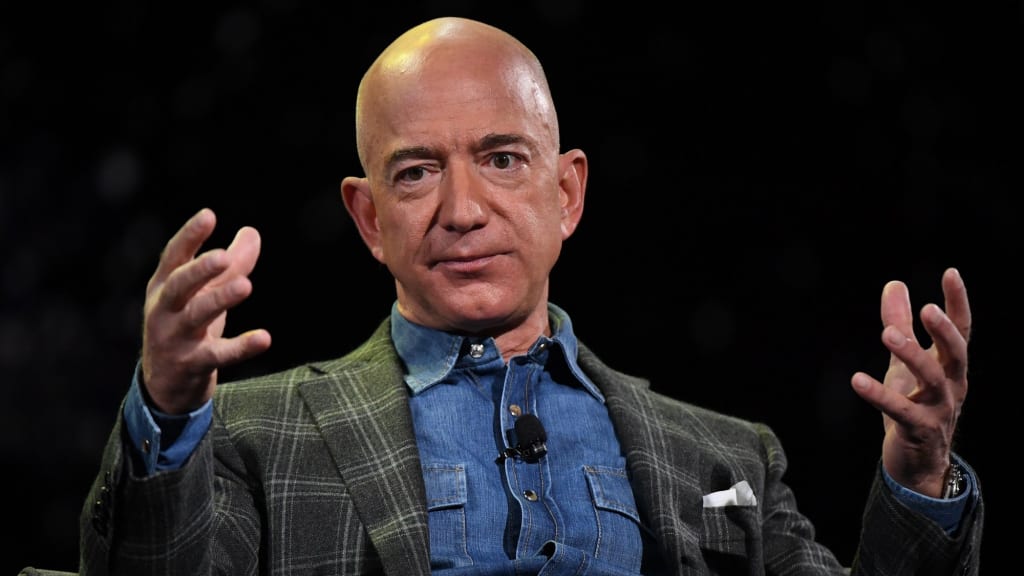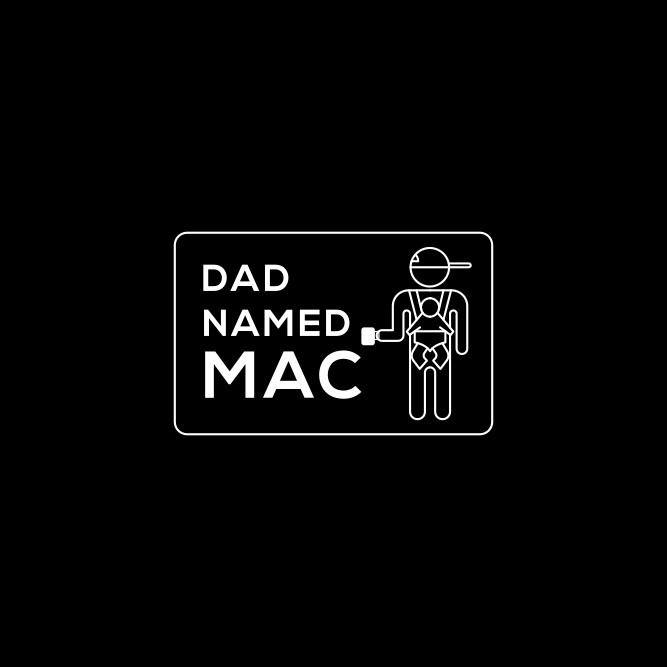
Have you heard of some guy named Jeff Bezos? He’s only the second richest man on Earth as of today, June 22, 2024. Jeff was the founder of a small website used for online shopping called Amazon.com. Ever heard of it? Okay, so you already know this guy and his story, but one thing you may not know is he came up with this business rule called the 70% Rule. Essentially, the 70% Rule suggests you should make business decisions when you have 70% of the information as opposed to 90%, 100%, or 50%. Bezos posits that by waiting for the additional 5%, 10%, 30% to move an idea further beyond 70%, you can put yourself into a decision bind. You can overthink. You can find yourself in the dreaded “analysis paralysis” state and end up second-guessing yourself and not completing the process at all.
Why does this happen? Well, as you push towards that final goal line, you can start to get nervous, anxious, stressed. You can start to feel like there’s something you may be missing and begin to think your incomplete idea will fail. We, as humans, hate the idea of failure. It scares us. We don’t want to fail because of what others will think of us, what others will say about us, what others will use as fuel to shame us. We live in a society where we are raised to believe we must win at all costs. Failure is not an option. But in reality, we all fail at some point. We all have points of uncertainty and find ourselves feeling fear and sometimes we let that fear deter us from taking on some of life’s greatest challenges. Avoidance is a type of failure. If you never take a chance, you can’t win. And in our world, we’re taught that if you aren’t winning, you’re losing.
“You miss 100% of the shots you don’t take.” This is a quote by Wayne Gretzky, arguably the greatest hockey player to have ever lived. If you can’t accept failure will occur at some point – a missed shot – you’ll never have the courage to take one. And if you don’t take a shot, you can’t score. We have to take shots knowing we’ll miss, but that’s what makes scoring so much sweeter. If Gretzky had decided to wait to pursue his professional hockey career until he was scoring every shot he took, he never would’ve made into the NHL. For those who are wondering, Wayne Gretzky had a 17.6% scoring success rate. That’s less than 1 in 5 shots. It’s still an incredible statistic, but to his point, he knew he was going to statistically miss 4 of every 5 shots, but he still continued to take them.
Back to the 70% rule. If you’re an entrepreneur or have ever considered starting a business, you’ll know there are hurdles. A lot of them. Sure you may have a 1 in a billion idea that is worth tens of millions of dollars, but if you can’t execute, who cares? Execution takes courage. Execution takes risk. It takes time and effort. It takes sweat equity. It takes a mindset to approach challenges, not as obstacles in your way, but as opportunities for growth. If you can view each new problem as a step on the climb towards success and frame your mind to want to achieve that goal, you can achieve much more than you thought was ever possible.
When it comes to starting a business, especially one that requires a capital investment, it therefore makes sense to approach it with the 70% Rule in mind. You won’t know all the answers, but at some point you have to just… start. The rest you’ll figure out along the way because you’ve already accepted the unknown and view it as opportunity instead of a potential point of failure. Going beyond business, I believe the 70% Rule can be applied throughout your life to overcome “analysis paralysis,” which is almost synonymous to “choice overload.”
If you’ve watched or listened to my first few podcast episodes, you’ll know what choice overload is. It’s when we freeze up and begin to feel frustrated because we have too many options to choose from. Too many cereals, too many clothes, too many cars, too many ice cream flavors. Our brains don’t like be overloaded with information in these specific decisions because we’re already processing so much other information. At any given point, our minds can be racing and thinking about what seems like 1,000 different things. In reality, our brains can only consciously process four different things, according to research by University of Oregon psychology professors Edward Awh and Edward Vogel. Only four. But those four can seem like a thousands when we’re put into situations where we have to make decisions, trivial ones, and especially in the face of complex ones.
In my opinion, choosing whether or not to become a parent is life’s greatest decision. There are so many different life-altering factors that have to be considered. We often jump to the financial aspect. Do we have enough money to support a baby? What about a toddler that will need daycare? What about a teenager that may have sports or music interests? Then we think about the relationship aspect. Do we have enough time to spend with our kids? We’re already so busy with our own lives, careers, travel, weddings, parties – we don’t have time for kids, right? If we have kids, we’ll never be able to accomplish our own personal goals or dreams. And plus, we don’t have enough money saved up to make them comfortable and give them a better lifestyle than ourselves so why even try?
We think about all these things before deciding to have kids and often find ourselves stuck, wondering am I really “ready” to have kids? When is the “right” moment? How will I KNOW I’m ready? I asked myself the same question hundreds of times before deciding to become a Dad. I asked friends, family, even coworkers and people outside my organization what their opinions were on having kids. I wanted to be 100% sure that I was ready so I could avoid failure. I wanted to be a good Dad. I didn’t want to fail and put my kids at risk of low financial support of lack of attention and love. But what I realized eventually was there is no perfect time. There is no 100% surety that will allow you to head into parenthood without risk. And that’s okay. It’s supposed to be that way. But because it is such a big decision, it’s not one that should be taken lightly.
In a preferable situation, you would not have kids with zero thought. It happens. I get that. But if I had to give advice to someone considering kids today, I would say think about the 70% Rule. Do you feel financially stable, with a healthy income, job security, and sufficient savings? Do you have a budget prepared, accounting for the increased expenses of children? Do you have a financial plan for their future as well as yours? Are you prepared to sacrifice solo or partner trips for awhile? Are you ready to stop going out to the bars or attending every wedding you get invited to? Are you prepared to dedicate a part of your day to care for your kids and support their aspirations? If you can answer yes to these questions, you’re likely at 70%. Sure, you could wait to be more ready, but I wouldn’t. I think waiting too long can end up being your biggest regret, if you do choose to become a parent.
Choose to jump in at 70% and I truly believe you’ll find parenthood, while arguably the biggest challenge in life, is the most rewarding experience you can have in this humanly world. Take a chance. Take a risk. You’ll figure out the rest along the way. And when you find yourself needing help, just know everyone else is in the same boat. We’re all figuring this sh*t out on the fly. No matter how put together we may look, we all run into issues, have struggles, and find ourselves drained at the end of long days thinking “why did we do this??” IT’S OKAY. Reach out to others. Reach out to your parents, your grandparents, your parent friends. Reach out to me. We’re here to help. We’re here to help you enjoy parenthood for what it is. And I believe, at the end of the day, you won’t regret it.
